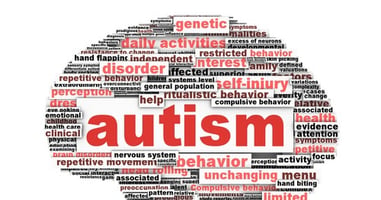Defendants With Asperger's Need Court's Understanding
 |
Read more in about Asperger’s syndrome and other autism spectrum disorders in Psychiatric News here and here .
(image: Jaimie Duplass/Shutterstock.com)
 |


Most children who have received a diagnosis of either autism, Asperger’s, or pervasive...
